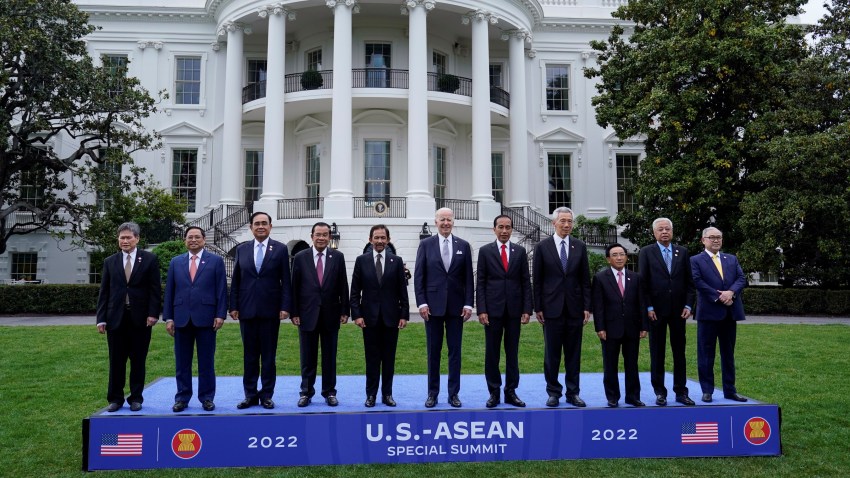As U.S. officials focus on countering China and Russia, both in their respective immediate neighborhoods and in other regions where their influence is rising, Washington’s policy community is taking a new look at U.S. relations with the Global South. These conversations tend to focus on two main questions: How does engaging with these smaller states advance U.S. interests? And why are many Global South countries ambivalent toward the U.S. and reluctant to follow its lead?
Given the strategic importance for the U.S. of these countries, the fact that these conversations about the Global South are taking place is encouraging. But that they focus on these questions also demonstrates how little U.S. leaders, policymakers and the wider public understand the Majority World, as some like to call the Global South. As a result of this knowledge deficit, political actors in the U.S. tend to base their analysis and decisions on assumptions, which are often proven to be wrong.
This is particularly problematic for two reasons. First, the lack of knowledge and flawed reasoning about these countries fuels U.S. hubris, which is expressed in the belief that, as Hal Brands put it in a recent op-ed, the “Global South owes America some thanks.” Second, ignorance about the Global South also contributes to a lack of urgency in reforming the international order, which currently reflects and perpetuates deep inequalities affecting most Global South countries that must be addressed.

